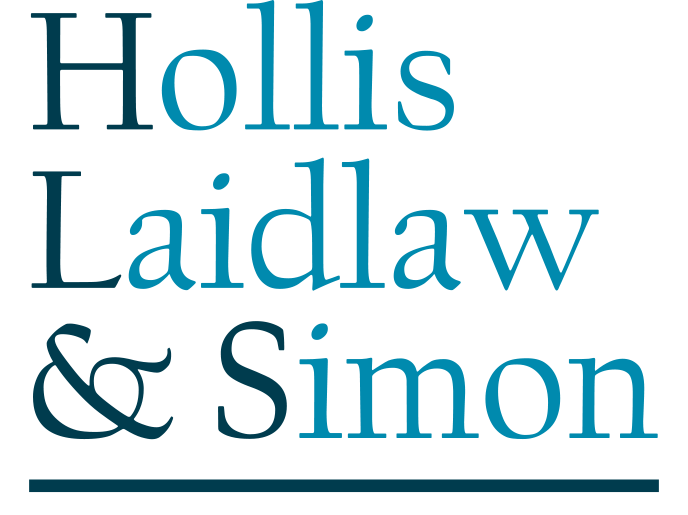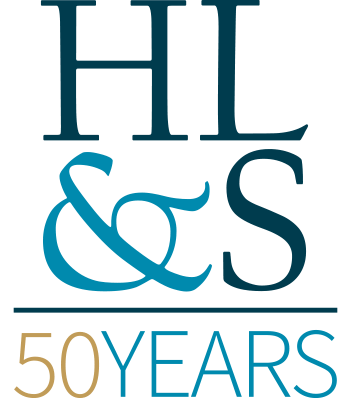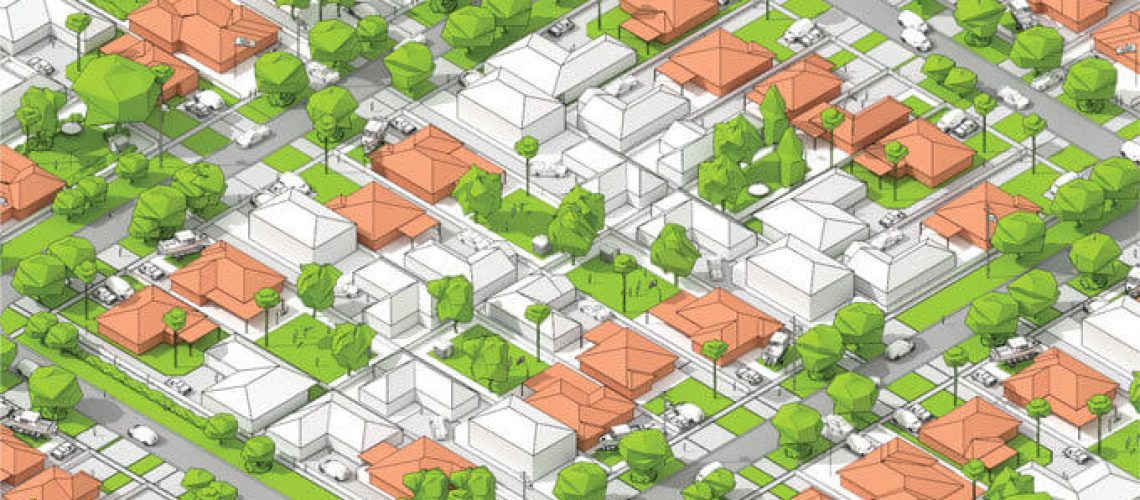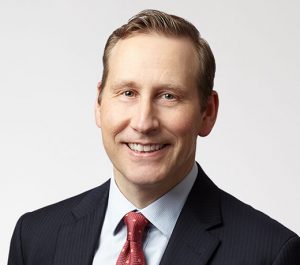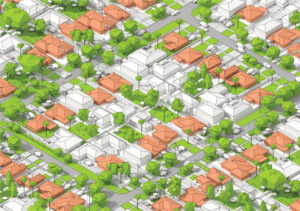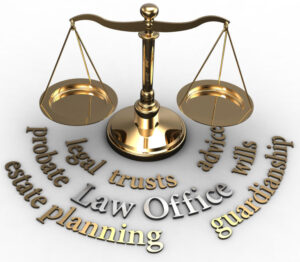What is a Special Permit?
As discussed in our prior article, New York Zoning Basics: What Landowners Need to Know, zoning ordinances divide the geography of municipalities into smaller and distinct districts, limiting the size of lots and buildings, density of development within those districts. They also prescribe permitted uses of the land and buildings within each district to prevent potential hazards to health, safety, and welfare of the community and to eliminate offensive or conflicting uses while encouraging harmonious development.
In addition to uses permitted by right within a zoning district, the municipality may find that specific uses are consistent with the uses permitted by right within a certain zoning district and that a property may be used for such use upon receipt of a special permit (also known as a special use permit).
Specifically, special permits authorize particular land uses that are permitted by law but are subject to specific requirements to ensure that the proposed use is harmonious with the zoning ordinance and will not adversely affect the neighborhood. N.Y. Town Law § 274-b (1)1. The special permit application process allows the municipality to weigh a proposed use in relation to neighboring uses and mitigate any potential adverse impacts that special use might bring. Trustees of Union Coll. in Town of Schenectady in State of N.Y. v. Members of Schenectady City Council, 91 N.Y.2d 161, 167, 690 N.E.2d 862, 866 (1997) (the special permit process “affords zoning boards an opportunity to weigh the proposed use in relation to neighboring land uses and to cushion any adverse effects by the imposition of conditions designed to mitigate them”).
A special permit is not the same as a use variance. Special permits allow for the use of property in a way that is consistent with the zoning ordinance. In contrast, use variances permit the landowner to use the property in a manner inconsistent with the local zoning ordinance for the zoning district in which the property is located. Please see our prior article on Zoning Basics for more information about use variances.
How to Obtain a Special Permit
Each municipality is empowered, as part of its zoning ordinances or local laws, to authorize its planning board or other administrative body, such as a Zoning Board of Appeals, to grant special use permits as set forth in the municipality’s zoning ordinance or law. N.Y. Town Law § 274-b (2). Thus, one of the first hurdles is identifying which administrative body to apply to. Depending on the use sought, the municipality may require applications to be filed to different administrative bodies. It is important to research which municipal board or agency is the body which issues Special Permits in your jurisdiction as there is no hard and fast rule and the Town/Village Board, Planning Board or Zoning Board of Appeals may be the body you may need to apply to depending on the jurisdiction in which the subject property is located.
Once the application is submitted, the administrative body authorized to review and grant the permit must conduct a public hearing within 62 days of the applicant’s submission. The applicant must arrange for publication of a notice of the public hearing in a newspaper at least five days before the public hearing is held. N.Y. Town Law § 274-b (6). State law authorizes the reviewing body to impose such reasonable conditions and restrictions as are directly related to and incidental to the proposed use. N.Y. Town Law § 274-b (4). The municipality may also impose certain conditions of approval in the enabling zoning ordinance and local law. In reviewing the proposed use, the board must also comply with the State Environmental Quality Review Act (SEQRA). N.Y. Town Law § 274-b(8). See our article Navigating the State Environmental Quality Review Process for more information about the state environmental quality review act.
To obtain a special permit, the applicant must demonstrate that the proposed use is expressly permitted or contemplated by the zoning ordinance and satisfy any conditions imposed by the zoning ordinance or by the authorized board reviewing the application. The authorized board is then required to grant the special permit unless it has reasonable grounds for denial. Muller v. Zoning Bd. of Appeals Town of Lewisboro, 192 A.D.3d 805, 806–07, 144 N.Y.S.3d 198, 201 (2021); Edwards v. Zoning Bd. of Appeals of Town of Amherst, 163 A.D.3d 1511, 1512, 83 N.Y.S.3d 767, 768–69 (2018). If the applicant cannot satisfy the conditions imposed by the ordinance, they may apply for a variance. Muller v. Zoning Bd. of Appeals Town of Lewisboro, 192 A.D.3d 805, 806–07, 144 N.Y.S.3d 198, 201 (2021). Approval or denial of the special use permit shall be based on evidence in the record, not solely upon community objections. 278, LLC v. Zoning Bd. of Appeals of Town of E. Hampton, 159 A.D.3d 891, 893–94, 73 N.Y.S.3d 614, 617–18 (2018).
After the public hearing, the authorized board has another 62 days to render its decision, though the applicant and board may agree to extend that time. Once the decision is made, the decision must be filed with the town or village clerk’s office and mailed to the applicant.
Special Permits for Educational and Religious Uses
While religious and educational uses are not exempt from complying with local zoning ordinances, including the provisions requiring a special permit, those uses are presumed to benefit the surrounding community. They are therefore permitted to expand into areas where nonconforming uses would not otherwise be allowed. However, this presumption may be rebutted where there is evidence of significant impacts on traffic congestion, property values, municipal services, etc. The municipality’s chief concern is always the public’s welfare when weighing requests for educational and religious uses. Cornell Univ. v. Bagnardi, 68 N.Y.2d 583, 594–95, 503 N.E.2d 509 (1986); see also Pine Knolls All. Church v. Zoning Bd. of Appeals of Town of Moreau, 5 N.Y.3d 407, 412, 838 N.E.2d 624, 627 (2d Dep’t 2005).
Other Considerations in Applying for and Maintaining a Special Use Permit:
Renewing Special Use Permits:
Local laws may indicate that a special permit is granted specifically to the property owner and do not authorize the indefinite use of the property for such use. And while the state statute does not provide a temporal limit, municipalities may require property owners to regularly renew their permit by establishing that the circumstances under which the permit was originally granted have not changed. Allegany Wind LLC v. Plan. Bd. of Town of Allegany, 115 A.D.3d 1268, 1268, 982 N.Y.S.2d 278, 279–80 (2014), citing Patricia E. Salkin, 2 New York Zoning Law & Practice § 29:34; see generally Matter of Dil–Hill Realty Corp., 53 A.D.2d 263, 267, 385 N.Y.S.2d 324 (2d Dep’t 1976). However, while the fact that the special use is already in operation and its owner has made an investment is relevant (Metro Enviro Transfer, LLC v. Vill. of Croton-on-Hudson, 5 N.Y.3d 236, 240–41, 833 N.E.2d 1210, 1212 (2005)), the municipality still has substantial discretion in considering whether to grant an extension. Allegany Wind LLC v. Plan. Bd. of Town of Allegany, 115 A.D.3d 1268, 1268, 982 N.Y.S.2d 278, 279–80 (2014), citing Terry
2005–2006 Survey of New York Law, Zoning Law, 57 Syracuse L. Rev. 1455, 1470; see generally Tenants Corp. v. EBM Long Beach, LLC, 41 A.D.3d 641, 643, 838 N.Y.S.2d 649 2d Dep’t 2007).
Further, on application for renewal the municipality may choose to deny the application or to revoke the special use permit due to potentially harmful violations or where it concludes that the history of repeated, willful violations create an unacceptable threat of injury to health or the environment. Metro Enviro Transfer, LLC v. Vill. of Croton-on-Hudson, 5 N.Y.3d 236, 240–41, 833 N.E.2d 1210, 1212 (2005).
Amending the Special Permit:
Finally, even once a property owner has obtained their special permit and has complied with all of the special conditions of approval, they may still have to return to the municipality for further special permit approval if they wish to make any changes to the use of the subject property.
The Court of Appeals has endorsed the special use permit application process as the proper procedure for addressing expansion requests. Even religious and educational permit holders must go through the special use permit application process all over again to expand their use of a property. Pine Knolls All. Church v. Zoning Bd. of Appeals of Town of Moreau, 5 N.Y.3d 407, 412, 838 N.E.2d 624, 627 (2005). This is reasonable where a school is applying to build new structures to house additional students and expand its student population where there may be significant factors such as increased student population and traffic. But there is no alternative approach for proposals that will not have any effects, such as where a school seeks only to modify the use of an existing building to enhance and improve the existing use of the property. In the latter case it is unnecessary for the municipality to weigh the school’s plans in relation to neighboring uses or evaluate and mitigate any potential adverse effects on the surrounding community because there are none. However, until either the state legislature, the courts, or the municipality itself find that certain, non-expansive changes may be made without amendment of the special permit, it is best to consult a lawyer when considering making a change to your property after obtaining a special use permit.

